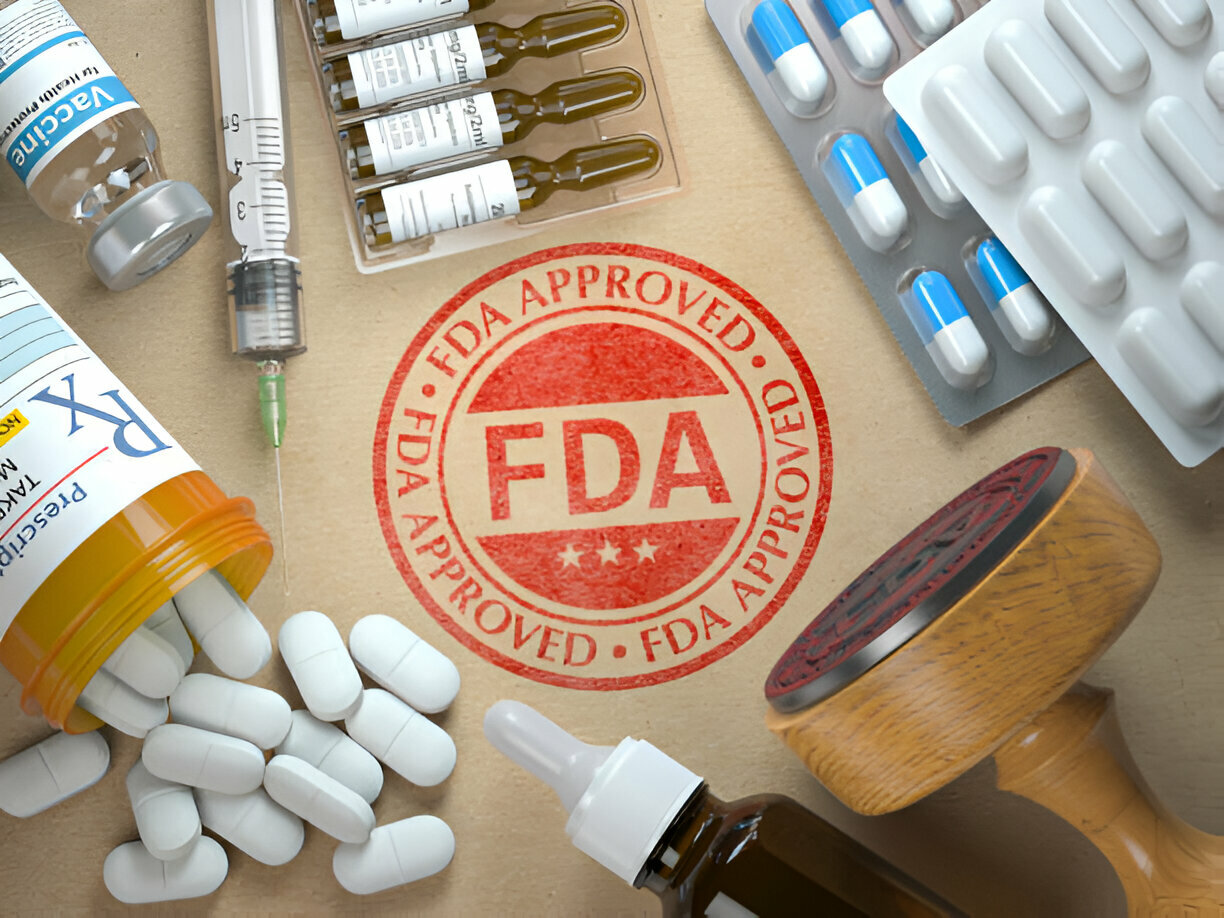What Startups Need to Know About FDA Application Forms

Strong 8k brings an ultra-HD IPTV experience to your living room and your pocket.
Understanding the FDA Application Process
For startups in the healthcare, pharmaceutical, biotechnology, and food industries, understanding the FDA application process is crucial. The U.S. Food and Drug Administration (FDA) is responsible for regulating products that impact public health. If a startup intends to market a new drug, medical device, biologic product, dietary supplement, or food product, an FDA application is often required to ensure compliance with regulatory standards.
The process can be complex, time-consuming, and costly, but a well-prepared application can significantly improve approval chances and reduce regulatory delays. Startups must ensure that they gather all required documentation, data, and testing results before submission.
Types of FDA Applications and Their Requirements
New Drug Application (NDA)
A New Drug Application (NDA) is mandatory for any new pharmaceutical product seeking FDA approval before commercialization. The NDA must contain detailed data from clinical trials, pharmacokinetics, pharmacodynamics, and safety assessments. Startups must ensure that their application includes:
Preclinical and Clinical Trial Data: Evidence that supports the drug's safety and efficacy.
Manufacturing and Quality Control Information: Details on how the drug will be produced consistently at a high quality.
Proposed Labeling: Information on dosage, administration, and potential side effects.
Abbreviated New Drug Application (ANDA)
For startups working on generic drugs, an Abbreviated New Drug Application (ANDA) is required. Unlike an NDA, an ANDA does not require new clinical trials but must demonstrate bioequivalence to an already FDA-approved product. The key requirements include:
Proof of Bioequivalence: The generic drug must have the same active ingredients, dosage form, strength, and administration method as the reference product.
Manufacturing and Stability Data: Ensuring that the generic product meets quality and consistency standards.
Biologics License Application (BLA)
Companies developing biological products, such as vaccines, blood components, gene therapies, or monoclonal antibodies, must submit a Biologics License Application (BLA). The BLA process is stringent, requiring:
Extensive Clinical Trial Data: Demonstrating the biological product's safety and efficacy.
Manufacturing and Facility Standards: Compliance with Good Manufacturing Practices (GMP).
510(k) Premarket Notification for Medical Devices
If a startup is developing a medical device, a 510(k) application may be required to demonstrate that the new device is substantially equivalent to an existing FDA-approved device. The application must include:
Technical and Performance Data: Supporting substantial equivalence.
Risk Analysis and Safety Documentation: Demonstrating that the device is safe for use.
Premarket Approval (PMA) for High-Risk Medical Devices
For Class III medical devices, a Premarket Approval (PMA) is necessary. PMAs require extensive clinical trial data and regulatory review, ensuring that the device provides significant health benefits with minimal risks.
Food and Dietary Supplement Regulations
Startups working with food and dietary supplements must comply with FDA regulations, including food facility registration, ingredient approvals, and labeling requirements. If introducing a new food additive, an FDA Food Additive Petition is necessary, demonstrating the additive’s safety through scientific data.
Key Steps in Preparing an FDA Application
1. Conducting Preclinical Research and Development
Before submitting an FDA application, startups must conduct extensive preclinical research to assess the product's safety, efficacy, and quality. This includes laboratory testing, toxicity studies, and formulation development.
2. Engaging in Clinical Trials (for Drugs and Biologics)
For drug and biologic applications, clinical trials are necessary to prove safety and efficacy. This typically involves three phases:
Phase 1: Testing on a small group of healthy individuals.
Phase 2: Testing on patients with the target condition.
Phase 3: Large-scale trials to confirm effectiveness and monitor side effects.
3. Preparing and Submitting the Application
Each application type has unique submission requirements, but common elements include:
Scientific and Clinical Data
Manufacturing Information
Labeling and Marketing Materials
Risk-Benefit Analysis
Startups should ensure that all data is accurate, complete, and compliant with FDA standards.
4. Engaging with the FDA Through Meetings and Communications
Startups should engage with the FDA early in the process. Scheduling pre-submission meetings helps clarify requirements, address concerns, and align regulatory expectations.
5. Addressing FDA Feedback and Completing the Review Process
Once the FDA reviews an application, additional clarifications, corrections, or supplementary data may be requested. Prompt and thorough responses can help avoid approval delays.
Common Mistakes Startups Should Avoid in FDA Applications
Many startups face challenges during the FDA approval process due to incomplete applications, insufficient data, or regulatory missteps. Common mistakes include:
Lack of Preclinical Evidence: Failing to provide sufficient preclinical data.
Inadequate Study Designs: Poorly structured clinical trials that do not meet FDA standards.
Non-Compliance with Manufacturing Guidelines: Failure to meet Good Manufacturing Practice (GMP) requirements.
Insufficient Risk-Benefit Analysis: Neglecting to provide thorough safety assessments.
Conclusion
Navigating the FDA application process is a challenging but essential step for startups in regulated industries. By understanding the requirements for NDA, ANDA, BLA, 510(k), PMA, and food regulations, companies can streamline their submission process, avoid common mistakes, and increase their chances of successful approval.
For startups, early regulatory planning, thorough documentation, and proactive engagement with the FDA can make a significant difference in the approval timeline and overall success of bringing a product to market.
Note: IndiBlogHub features both user-submitted and editorial content. We do not verify third-party contributions. Read our Disclaimer and Privacy Policyfor details.


